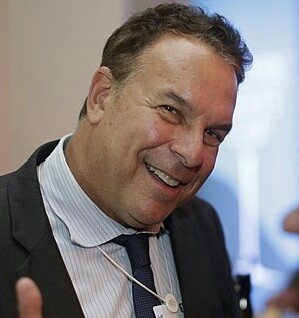A Quote by Elizabeth Warren
If nobody can sell mortgage-backed securities based on trillions of dollars of unpayable instruments, there's a lot less risk in the overall system.
Related Quotes
No one pushed harder than Congressman Barney Frank to force banks and other financial institutions to reduce their mortgage lending standards, in order to meet government-set goals for more home ownership. Those lower mortgage lending standards are at the heart of the increased riskiness of the mortgage market and of the collapse of Wall Street securities based on those risky mortgages.
There is no doubt that the Fed's large-scale asset purchases have caused major increases in a number of asset prices in the economy. This is especially true of mortgage backed securities and corporate bonds, and quite possibly of equities as well. For those people and institutions holding those things, the run up in prices has been a wealth bonanza.
We find all the no-life-support-wealth-producing people going to their 1980s jobs in their cars and buses, spending trillions of dollars' worth of petroleum daily to get to their no-wealth-producing jobs. It doesn't take a computer to tell you that it will save both Universe and humanity trillions of dollars a day to pay them handsomely to stay at home.


































